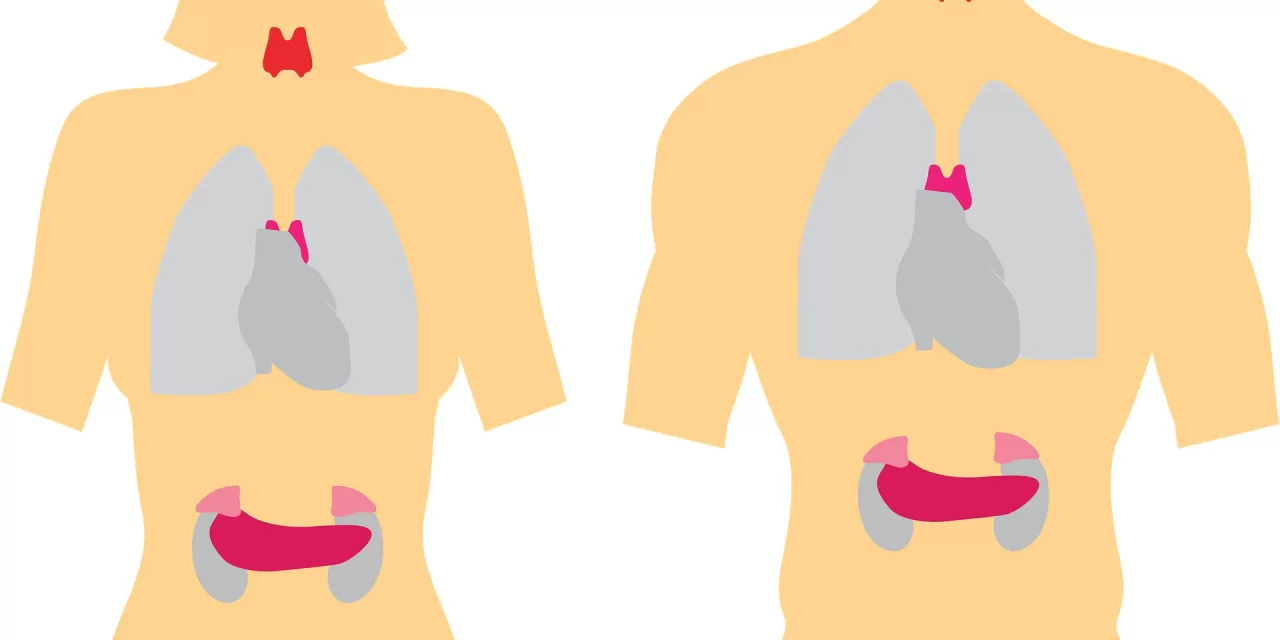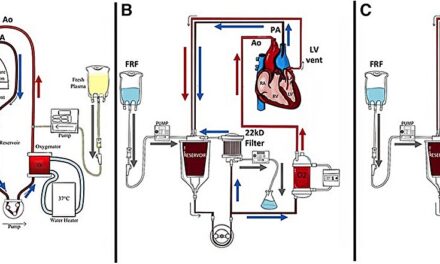Sweden and London – A groundbreaking study by scientists from the Karolinska Institutet in Sweden and Imperial College London has revealed novel insights into how sex hormones regulate immune systems and affect disease susceptibility differently in males and females. The study, published in Nature, identifies specific immune system components that are influenced by sex hormones and explores their implications for disease risk and health outcomes.
The study comes against the backdrop of well-documented differences in disease prevalence and severity between sexes. For instance, systemic lupus erythematosus (SLE) predominantly affects women, while COVID-19 shows varying risk profiles with males experiencing more acute infections and females being more prone to long-COVID. Despite these observations, the precise mechanisms linking hormones, genetics, and immune function have remained elusive.
The research team conducted a clinical study involving 23 transgender men undergoing hormone therapy. By analyzing blood samples before and after three months and one year of testosterone treatment, the scientists have elucidated how testosterone and reduced estrogen levels influence key immune signaling systems. Specifically, they observed changes in antiviral interferon type 1 (IFN-1) and proinflammatory signals like tumor necrosis factor alpha (TNF-α), which are crucial for immune responses to infection and inflammation.
Professor Petter Brodin, who led the study while at the Karolinska Institutet and now continues his work at Imperial College London’s Medical Research Council Laboratory for Medical Science, emphasized the significance of these findings. “This research provides a clearer picture of how sex hormones directly modulate immune system components, separate from genetic sex differences. This knowledge not only enhances our understanding of sex-specific disease susceptibility but also opens avenues for more targeted treatments for various conditions, including autoimmune diseases and cancer.”
The study’s findings are pivotal in highlighting the direct impact of testosterone on immune system regulation. By comparing blood samples from transgender men before and after hormone therapy and using receptor blockers to differentiate the effects of testosterone from estrogen loss, researchers have pinpointed specific immune pathways altered by hormonal changes.
This research underscores the importance of long-term monitoring for transgender individuals undergoing hormone therapy, as hormonal treatments may have lasting effects on immune function and disease risk. Professor Brodin noted the broader implications of this work for understanding sex differences in immune responses, which could inform better healthcare strategies and interventions for both cisgender and transgender individuals.
Looking ahead, further studies will focus on identifying additional immune elements and pathways that could be targeted for novel therapies. “We are deeply grateful to the participants in this study,” Professor Brodin added. “Their involvement not only contributes valuable immunological insights but also aids in addressing the health needs of a traditionally underserved population.”
For more information, please refer to the study: Petter Brodin, “Immune system adaptation during gender-affirming testosterone treatment,” Nature (2024). DOI: 10.1038/s41586-024-07789-z. Read the full article.











